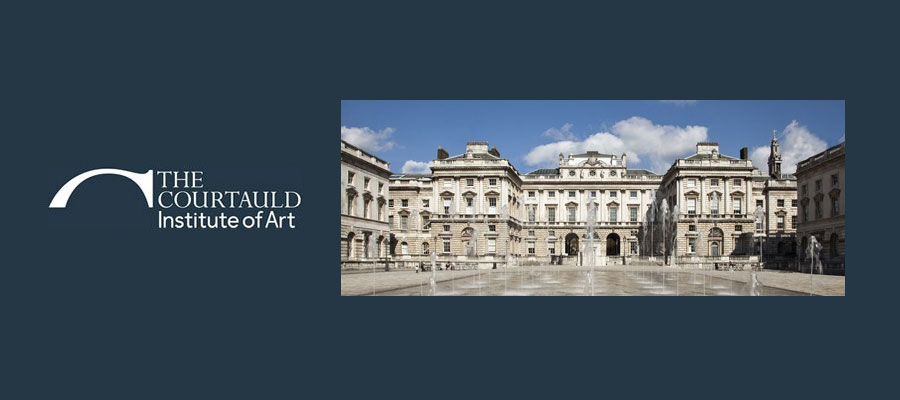21st Annual Medieval Postgraduate Student Colloquium: The Medieval Viewer, The Courtauld Institute of Art, February 16, 2016
Works of art from the Middle Ages have retained their allure over the many centuries since their production, but details regarding their original display, reception, and haptic qualities have been obscured by the passage of time. Museum installations, online street-views or virtual tours, digital image banks, 3D models and other modern forms of viewing aim at providing immeasurable access to art objects from all periods but the ability to capture the work as it was originally meant to be viewed varies greatly with each technology.
The Courtauld Institute of Art’s 21st Annual Medieval Postgraduate Colloquium invites speakers to consider new approaches for understanding how medieval works of art were originally meant to be experienced (sensorially, phenomenologically, materially, etc.) and how issues of viewership have played a role in the study of these works.
Applicants are encouraged to consider a wide range of methodologies in consideration of viewership and the medieval work of art, from original display environments or the significance of works that were partially hidden out of view, to the impact of other sensory experiences that once contributed to the interaction with and viewing of a work of art. Speakers may also wish to explore differences in medieval and modern categories of viewers and of viewing environments, such as the church or the modern museum. Additionally, participants may also address the extent to which God or the spirit realm were considered participatory audience members, or an object’s apotropaic properties against the seen and unseen.
The Medieval Postgraduate Colloquium offers the opportunity for research students at all levels from universities across the UK and abroad to present and promote their research. Unfortunately funding for speakers is not available therefore students from outside London are encouraged to apply to their institutions for subsidies to attend the colloquium.
